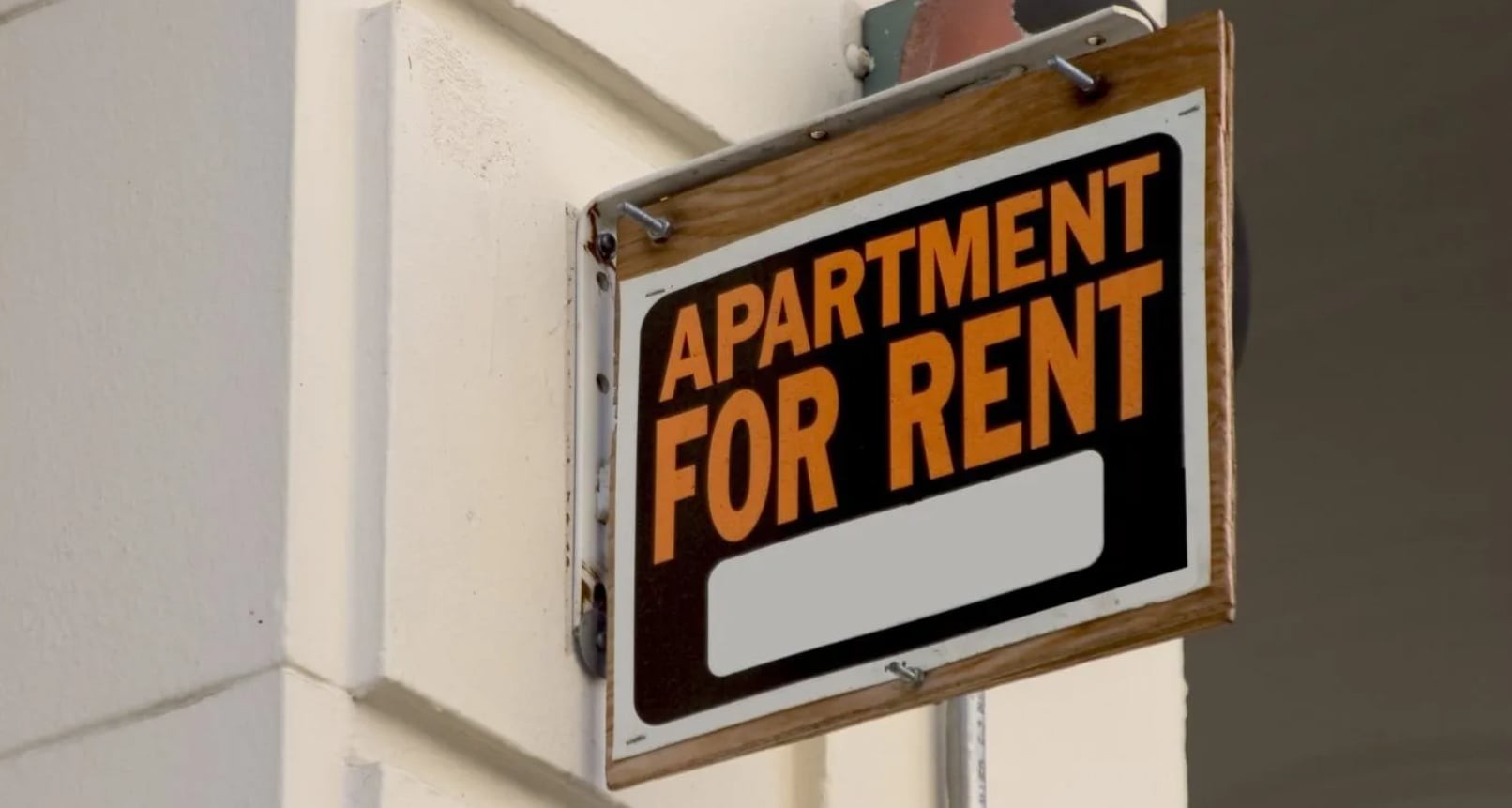Pros and Cons of Running an Apartment Business for Passive Rental Income

The Pros and Cons of Running an Apartment Business for Passive Rental Income
Investing in an apartment business can be an attractive venture for those looking to generate passive rental income. However, like any investment, it comes with its own set of advantages and challenges. In this blog, we will explore the pros and cons of running an apartment business to help you make an informed decision.
Pros of Running an Apartment Business
**1. Steady Income Stream:**
One of the primary benefits of owning apartment units is the consistent rental income. With multiple units, even if a few are vacant, the income from the occupied units can provide a stable financial return.
**2. Property Appreciation:**
Over time, real estate typically appreciates in value. By investing in an apartment building, you not only earn rental income but also benefit from the potential increase in property value.
**3. Tax Benefits:**
Apartment owners can take advantage of various tax deductions. These can include mortgage interest, property taxes, operating expenses, depreciation, and repairs, which can significantly reduce taxable income.
**4. Scalability:**
Owning an apartment building allows for scalability. You can start with a smaller property and gradually expand your portfolio, increasing your passive income as you grow.
**5. Control Over Investment:**
Unlike other investment types, real estate provides you with direct control over your asset. You can make decisions regarding property management, improvements, and tenant selection, thereby directly influencing your returns.
Cons of Running an Apartment Business
**1. High Initial Investment:**
The upfront cost of purchasing an apartment building can be substantial. This high barrier to entry can be a significant hurdle for many potential investors.
**2. Maintenance and Management:**
Managing an apartment building requires ongoing effort. Maintenance issues, tenant complaints, and the general upkeep of the property can be time-consuming and may require hiring a property manager.
**3. Tenant Turnover:**
Frequent tenant turnover can disrupt cash flow and result in additional costs for cleaning, repairs, and marketing to fill vacancies.
**4. Economic Fluctuations:**
The real estate market is subject to economic cycles. During downturns, rental demand can decrease, and property values can decline, impacting your income and investment value.
**5. Legal and Regulatory Compliance:**
Apartment owners must comply with various local, state, and federal regulations. These can include landlord-tenant laws, safety codes, and housing standards, which can be complex and time-consuming to navigate.
Conclusion
Running an apartment business for passive rental income offers a blend of opportunities and challenges. The steady income stream, potential property appreciation, and tax benefits make it a lucrative investment for many. However, the high initial costs, ongoing maintenance, and regulatory complexities require careful consideration.
For more information and personalized guidance, contact Samuel O Lao and Associates at 09173236123.
Inspiring Quotes to End On:
"Real estate cannot be lost or stolen, nor can it be carried away. Purchased with common sense, paid for in full, and managed with reasonable care, it is about the safest investment in the world." – Franklin D. Roosevelt
"The best investment on Earth is earth." – Louis Glickman
#PassiveIncome #RealEstateInvestment #ApartmentBusiness #FinancialFreedom #SamuelOLaoAndAssociates
---
By considering both the pros and cons, you can better navigate the complexities of the apartment business and harness its potential to build a secure financial future. Happy investing!
Tags: rental financialfreedom










